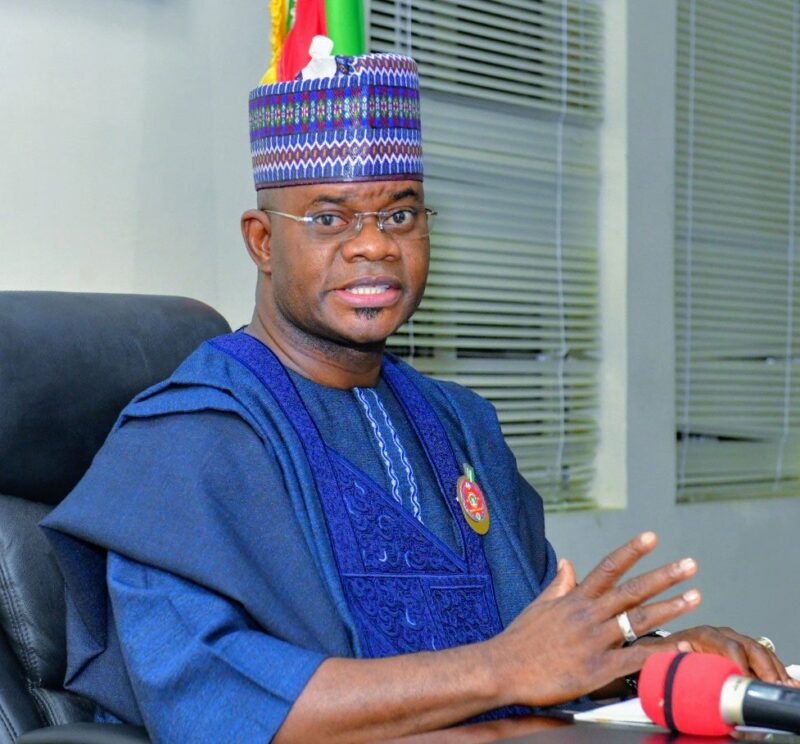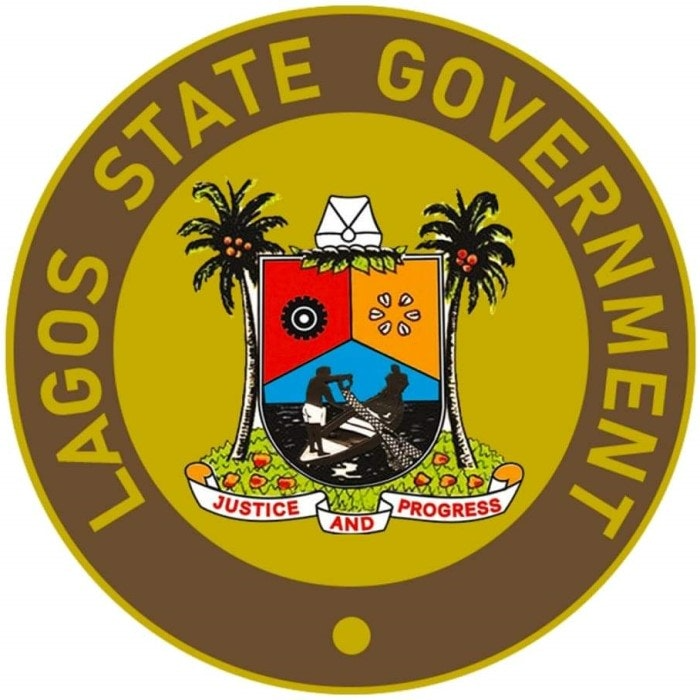Tokunbo Wahab, Lagos Commissioner for Environment, champions transformative policies, reshaping Lagos for a sustainable future.
[dropcap]T[/dropcap]he name Tokunbo Wahab resonates strongly in Nigeria and beyond, celebrated for his transformative contributions to Lagos State.
Since stepping into the political arena, the 52-year-old Epe native, often referred to as “TW,” has garnered widespread recognition for his exemplary leadership, strategic vision, and commitment to progress.
Also read: Tokunbo Wahab calls for unity, cooperation on World Water Day 2024
Wahab’s alignment with Governor Babajide Sanwo-Olu’s vision has become the cornerstone of his success. His tenure reflects a focus not just on achieving goals but on executing them the right way, earning him accolades from supporters and even sceptics.
Initially appointed as Special Adviser to the Governor on Education, TW stood out for his dedication and impactful policies.
His achievements surpassed expectations, silencing critics and solidifying his reputation as a capable leader.
His appointment as Lagos State Commissioner for Environment and Water Resources was a testament to his unwavering loyalty, exceptional records, and relentless work ethic.
Transitioning from the education sector to environmental management might have seemed daunting, but TW proved his versatility.
Under his leadership, Lagos State witnessed groundbreaking reforms in 2024. Wahab spearheaded the fight against pollution, restructured waste management systems, and enforced environmental laws with a bold, strategic approach.
These efforts have not only tackled persistent challenges but also laid the groundwork for a sustainable future. From curbing pollution to fostering a cleaner, more resilient Lagos, Wahab’s tenure exemplifies visionary governance.
As Lagosians reflect on the strides made in environmental reforms, Tokunbo Wahab stands as a symbol of dedication, innovation, and progress.
His transformative leadership continues to inspire hope and confidence in Lagos’ path towards sustainable development.
Source: Read more at theheute.com.ng




























